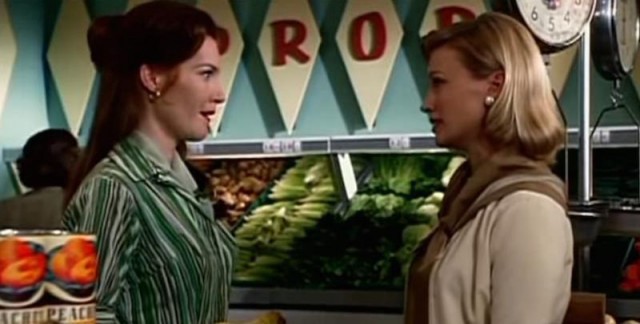The End of Neighborliness

When I first moved into my apartment building four years ago, I bought a case of wine and went door to door introducing myself to all my neighbors (there are seven units in the building).
“Hi, I’m Mike and I just moved in,” I’d say, handing over a bottle. “Just wanted to say hello, and that if you ever needed anything, to just holler.”
My next-door neighbors, a couple named Josephine and Sean, were delighted. They had a dog named Magnus and were from the South and weren’t used to friendly neighbors in New York. When they went on weekend getaway, they asked me if I was interested in watching Magnus.
“We’ll pay you,” they said.
“Oh, I’m happy to, and there’s no need for that,” I said.
“You’re saving us so much money!” they said.
When the dryer in our basement broke down, the woman who lived above me knocked on my door.
“I’ve called about that dryer long before you moved in,” she said. “I’m writing a letter to the rental company to get us a new one. Will you sign it?”
“Of course!” I said.
“And will you call them about it too?” she asked. “Andy said he called them, but if we all call them, they’ll do something about it.”
We called, and though it took six months, a new dryer eventually showed up.
Sean and Josephine moved back to the South, and they were replaced by a new couple who stayed for a year, and then left. I’m not sure who lives next door to me now. In fact, I don’t know half of the people who live in my building. New people move in and leave after a year when their lease (and rent) is up. I say hello when I see them, but don’t put in the same kind of effort I did with Josephine and Sean.
Maclean’s, a weekly affairs publication based in Canada, writes that we no longer maintain the kinds of relationships with our neighbors that we did back when our parents were our age. We are less likely to invite our neighbors over for dinner; to join parent-teacher groups; to start neighborhood watch programs; to knock on doors and hand over a bottle of wine.
We may say we are disturbed by the fact that we no longer know our neighbours, but, to a largely unspoken extent, distance from the hard work of getting along with them is precisely what we want. Hell is other people, claimed Jean-Paul Sartre, and contemporary Westerners agree with him. We have long worked to separate ourselves from relationships and social norms that restrict us. And our pursuit of autonomy and privacy is often for good reason. Compare the lives of ethnic and sexual minorities now and two generations ago. Whether it is born of genuine tolerance or simple indifference, we are far more open-minded about who lives next door, not that we often talk with them or — as the British poll makes starkly plain — even recognize them.
Increasingly, we live alone, even while maintaining vibrant social networks with like-minded souls, especially online. Solo households, meaning there is no constricting “other” even within the home, are the fastest-growing home segment in Canada now. The paraphernalia of living alone are taking an ever larger market share in the modern world. Sales of single-serving cookware, including one-cup teapots, have grown by 140 per cent in Britain over the last generation. And, while eerily quiet subdivisions make social commentators uneasy, condominium complexes, where neighbours rub shoulders with each other more often, make residents uneasy, since they feature as much conflict as harmony.
The last time I flew out West to visit my parents, I asked them who lived across the street from them.
“I don’t know,” my mother said. “But they throw a lot of loud parties.”
Growing up, the people who lived across the street from us were the Williams family. Their daughter played the clarinet and was in the school band with me. Sometimes, they gave me a ride home.
A new couple recently moved into my building. The other day, I heard Andy run into them in the hallway.
“Oh, and Mike lives right there,” I heard Andy say. “He’s real nice.”
Support The Billfold
The Billfold continues to exist thanks to support from our readers. Help us continue to do our work by making a monthly pledge on Patreon or a one-time-only contribution through PayPal.
Comments